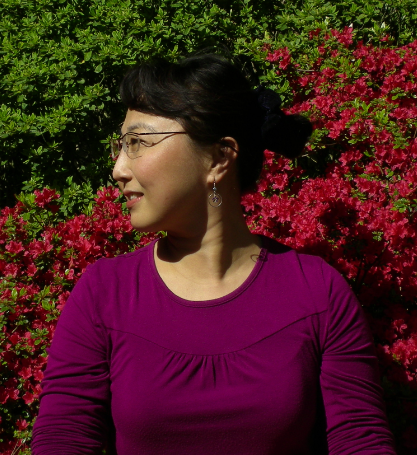Trends in Chinese Studies
by Jing Liu ~ July 30th, 2008. Filed under: Summer Institute for Chinese Studies Librariship.Prof. Madeleine Dong, Professor of History and Chair of the China Studies Program at UW thinks that Chinese historical studies is influenced by Sino-American relationship, not really history itself. Unlike Japan, China was studied as a model of failure. Its starting point is China’s reaction to Western influcence. Social history was developed a great deal in 1980’s with extensive field research. The focus shift from intellectual to social history is based on different primary sources and different locations. After 1989, public space, local elites, religions, government vs. citizens in China have gained attention. City history is one of main fruitful areas in recent Chinese history studies. Tani Barlow’s Colonial Modernity has evolved from and into unique forms throughout Asia. Dong uses Tian Min’s book about Mei Lanfang’s Peking Opera in Shanghai and the US as a sample.
Information technology has brought online searching to the field, especially the early history. Minguo study has been speeding up by e-resources, but still leaves out many subjects, such as, the beginning of 19th century. Of course PRC period is the weakest with limited methods. Scholars are going to the countryside and minority areas, which could be political and national sensitive. Libraries are lack of minority materials. Manchuria studies became an interesting globalized phenomenon, which attract scholars from Japan and Korea. Besides, economic and political studies suffer from lack of reliable resources.
Religious studies need primary resources from China, not only from the European missionaries documents. Why French missionaries in Northeastern China is particular interesting? Some of them went with Kangxi, and made advanced maps. P. Jartoux discovered Ginseng; F.Lafitau started the business between Canada and China. Sino-US Ginseng trade was really started by the French in mid-18 century.
Zhaohui’s question is excellent! How does Prof. Dong consider scholars like herself? comparing with the Western. She thinks Chinese students are familar with Western theories, and they tend to choose Western popular topics.
Dong mentioned the difference between her book on Beijing and Yeh Wenhsin’s Shanghai. She depends on archives and folk traditions in Tianqiao, but sounds like to get stuck with unoffical or folk history. I don’t agree with the criticism on Shanghai studies and doubts about whether or not Shanghai can represent China. I think the boom is resource related, Yeh’s studies not only depend on archives, but also radio show, movies, Tanci, newspapers, etc, wow, already multi-media. Dong agreed and told us her own miserable story with NLC.
Prof. Dong doesn’t encourage us to buy large sets, but interlibrary cooperation.
